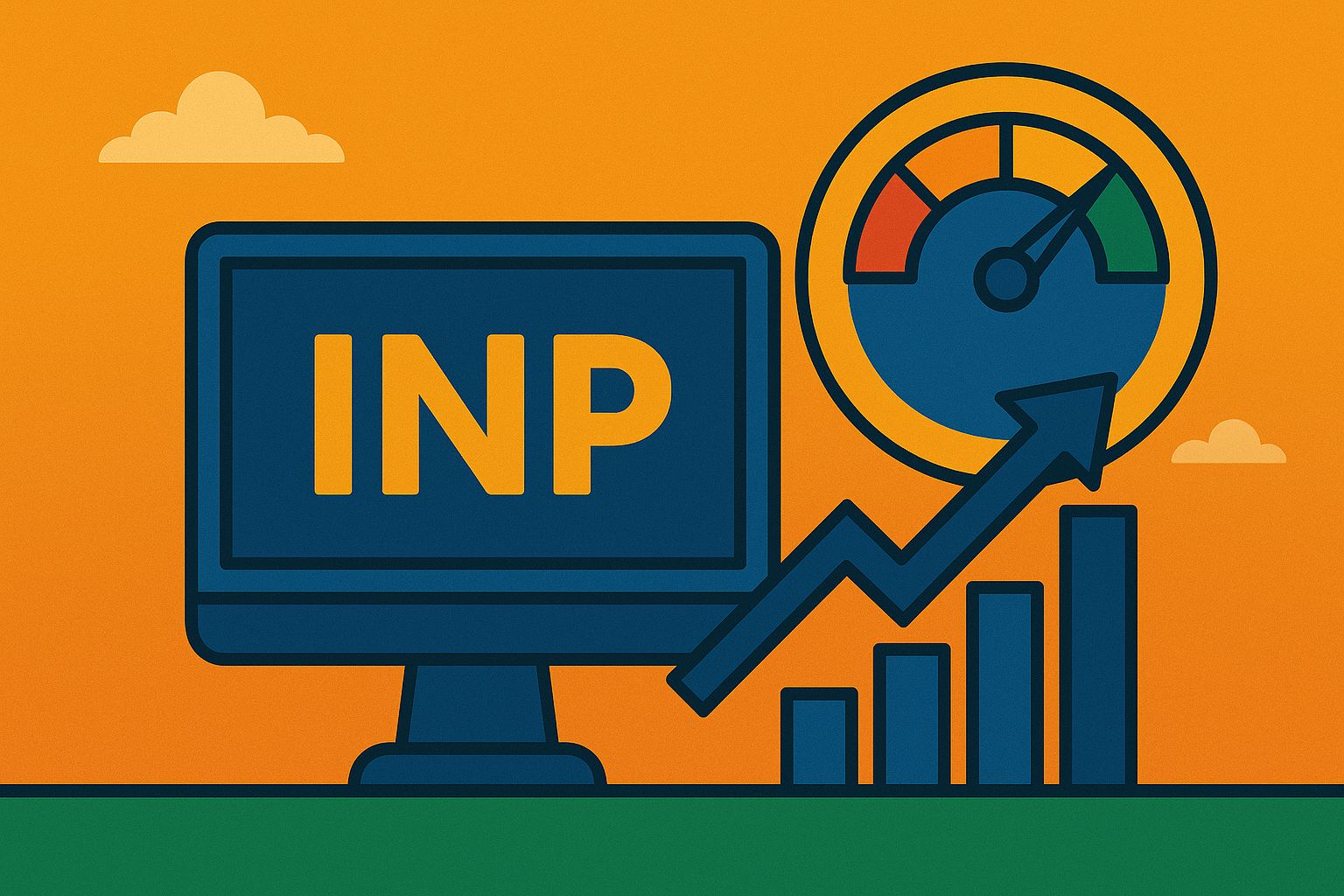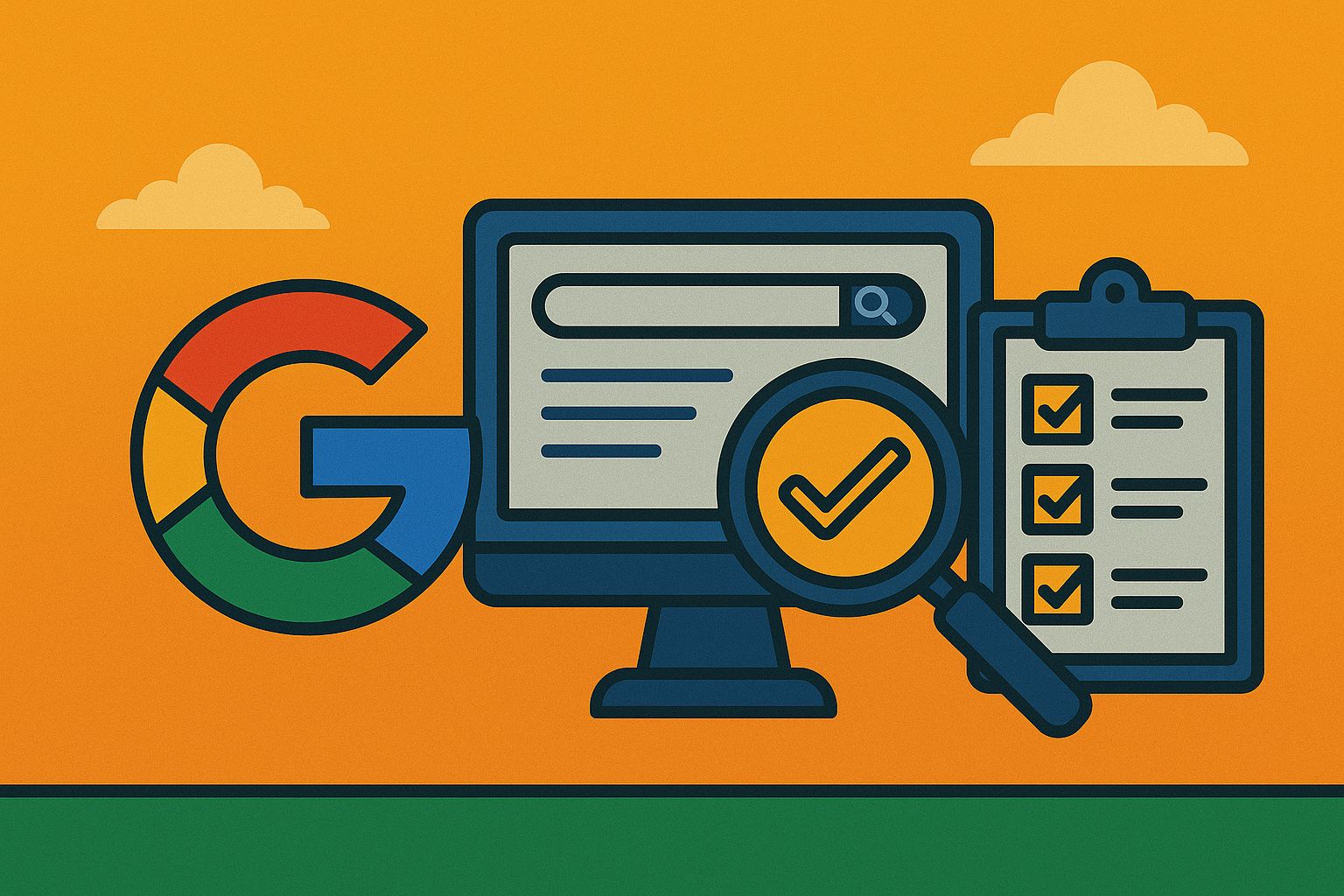The E-commerce landscape is a difficult terrain where different agencies fight to market their product to the best ranking. Currently, there exists an exceeding amount of information regarding choosing an Ideal E-commerce platform for your enterprise. We have compiled an overview of the different deployment options by ecommerce development platform, factors to choose an Ideal E-commerce platform, and other suitable information to help you choose the ideal E-commerce platform.
Understanding Deployment Options by E-commerce Platform
E-commerce development produces platforms that offer various deployment models to cater to diverse enterprise needs. Here are the main options to consider:
- On-Premise Deployment: In this version, the e-commerce platform software and hardware are connected and controlled in the corporation’s personal data center. This gives the highest level of manipulation and customization but requires large IT assets and information for protection.
- Cloud Deployment: Cloud-based deployment leverages the infrastructure and resources of a cloud issuer. This model presents scalability, pay-as-you-cross pricing, and reduced protection burden for the business enterprise. It’s a famous choice due to its flexibility and price effectiveness.
- Hybrid Deployment: A hybrid technique combines on-premise and cloud deployment. This permits businesses to manage sensitive data on-premise while leveraging the cloud’s scalability and fee blessings for less vital additives.
Understanding E-commerce platform deployment enables in choosing on the Ideal E-commerce platform for your enterprise.
Understanding Enterprise Needs: Distinct from Small Businesses
While the core standards of e-commerce development continue to be comparable for organizations of all sizes, the wishes of small business players are given a greater emphasis.
- High-Traffic Volumes: Enterprises typically experience significantly higher traffic volumes compared to smaller businesses. The chosen platform must be robust and scalable to handle peak periods and ensure smooth operation without compromising website performance.
- Complex Product Catalogues: Enterprises frequently manipulate substantial and tricky product catalogs with numerous variations, functions, and attributes. The platform wishes to effectively deal with product records management (PIM) and cater to complicated product relationships (e.G., bundles, kits).
- Security and Compliance: Enterprises cope with sensitive patron data and must observe strict regulations. Data safety, PCI compliance, and robust access management mechanisms which are paramount when deciding on a platform.
- Customization and Flexibility: The chosen platform needs to be adaptable and offer widespread customization alternatives to deal with specific workflows and integrations.
5 Features to Study When Looking for an E-commerce Platform
With a clean knowledge of the organization’s e-commerce development and e-commerce needs, we will now discover the important elements while deciding on the correct E-commerce platform for businesses:
1.Scalability and Performance:
- Traffic Handling: The platform needs to be capable of coping with high traffic volumes and top durations without performance degradation.
- Scalability Options: The platform should adapt and grow alongside your business.
2. API Integrations: Robust APIs enable seamless integration with different business enterprise answers along with ERP, CRM, and OMS. This ensures green information drift and a unified purchaser experience across all channels.
3. Functionality and Features:
- Product Information Management (PIM): Look for a platform that gives strong PIM skills for dealing with complicated product catalogues, which includes managing variations, attributes, and rich content videos of the product and 360-diploma product views.
- Marketing and Promotions: The platform should offer advanced advertising and marketing equipment for creating targeted campaigns, dealing with promotions, and enforcing personalized product recommendations for a superior customer to revel in.
- Order Management System (OMS) Integration: An integrated OMS streamlines the order success system, automates workflows, and provides real-time stock visibility to ensure efficient order management and consumer satisfaction.
- Search and Navigation: Customers expect a user-friendly search experience and clear navigation. The platform should offer advanced search functionalities and intuitive navigation options to facilitate easy product discovery.
4. Security and Compliance:
- Data Security: To protect sensitive customer data, prioritize platforms with robust data encryption, secure user authentication, and comprehensive intrusion detection systems.
- Regulatory Compliance: Consider any extra organizational regulations your business desires to conform with and you would need to pick a platform that supports the vital security protocols.
5. Customization and Flexibility:
- Open-Source vs. SaaS: Open-source systems provide greater customization and flexibility but require an incomprehensible technical understanding to manage and preserve them. SaaS (Software-as-a-Service) solutions offer comfortable use but may also have limitations in customization.
- API Access and Development Tools: Open APIs allow for integration with 0.33-celebration packages and custom development to tailor the platform to your precise business wishes.
- Headless Commerce Approach: For maximum flexibility, recall a headless trade architecture that separates the front-cease presentation layer from the again-end functionality. This allows for a completely customized front-stop revel in at the same time leveraging the benefits of a robust e-trade platform.
6.Cost and Total Ownership (CTO):
- Licensing Fees: Pricing models for e-commerce systems can range extensively. Consider premature licensing expenses, ongoing subscription fees, and potential transaction fees associated with the platform.
- Development Costs: Factor in the potential costs associated with customization, integration with existing systems, and ongoing maintenance for both.
Future Proofing Your E-commerce Development Platform
In the ever-changing e-commerce landscape, destiny-proofing your platform selection is vital. Here are key concerns to make certain your selected platform can adapt and evolve along your commercial enterprise.
- Technology Stack: Open source and cutting-edge technologies should be chosen while looking for a Technology stack. This allows for less complicated integration with rising technology like artificial intelligence (AI) and gadget learning (ML) inside destiny
- Vendor Innovation Roadmap: Evaluate the vendor’s commitment to innovation and their roadmap for future platform improvement. This ensures your platform keeps to meet your evolving commercial enterprise desires.
Conclusion
Choosing an ideal e-commerce platform for enterprise is a strategic decision that lays the foundation for the sustainable online boom. By carefully considering the factors outlined in this complete manual – from scalability and protection to seller aid and destiny-proofing abilities – you may make an informed choice that empowers your commercial enterprise to thrive inside the ever-evolving digital market. Remember, the exceptional platform is not a one-length-fits-all solution. Carefully investigate your precise agency wishes, growth aspirations, and technical expertise to discover the platform that great aligns together with your strategic vision.




